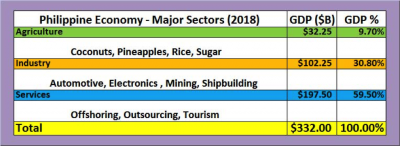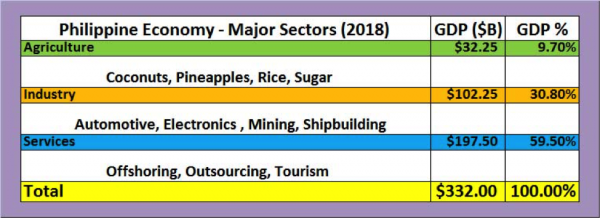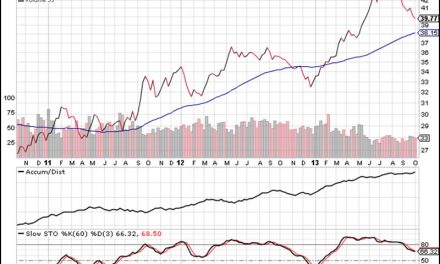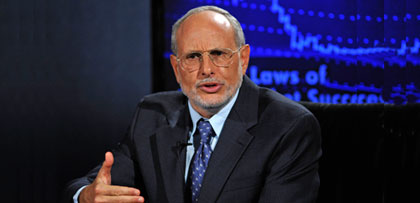By Kumar Balani
NEW YORK, NY – When I call an 800-number seeking help related to a product or service I use, very often the person answering my call is someone located in Manila or Cebu or in Mumbai or Bangalore. Very seldom is the person located in Atlanta or New Orleans.
I love that because I typically do not have to listen to a whole slew of other numbers for more options as is usually the case for United States-based call centers. Also, I can converse in Pilipino or Hindi, and very often saying a simple ‘thank you’ and expressing appreciation in these languages works miracles and saves me a lot of precious time.
Globalization of business, particularly with large consumer-related companies in the United States and Europe, has given the Philippines, India and other countries where many call centers, also known as business-process outsourcing facilities are located, huge competitive advantages.
According to a recent Wikipedia article, BPOs are now one of the fastest growing businesses worldwide, and the Philippines is a top destination because of Filipinos’ proficiency in American-style English, including the use of slang words.
In 2008, the Philippines surpassed India as the world leader in business process outsourcing, and the majority of the top ten BPO firms of the United States operate in the Philippines. In 2005 the industry generated 100,000 jobs, and total revenues were placed at $960 million for that year. By 2011, BPO sector employment ballooned to over 700,000 people in the Philippines and generated $11 billion in revenues, contributing to a growing middle class.
Several million Filipinos are employed in BPOs, Wikipedia points out. In 2012, they were projected to grow to 1.3 million in number by 2016 and generate revenues of $27 billion that year. Today they generate almost $200 billion including tourism, or nearly 60 percent of the country’s GDP.
The Philippines has another advantage besides its large supply of English-proficient speakers, That is cost. With an exchange rate now of Philippines Pesos 52 to US$1, hundreds, perhaps thousands of American and European companies now employ Filipinos typically through Philippine call centers.
A broad range of services are provided by these centers including customer care, education, financial services, online business-to-business and business-to-consumer support, travel services, and much more. The BPO industry is one of the fastest growing in the Philippines, and has much more potential.
BPO facilities are located mainly in Metro Manila and Cebu City although other regional areas such as Baguio, Bacolod, Cagayan de Oro, Clark Freeport Zone, Dagupan, Davao City, Dumaguete, Lipa , Iloilo City, and Naga City are now being promoted and developed for BPO operations.
The economy of the Philippines – about $332 billion – was No. 40 in size in the world among 190 countries in 2018, according to the International Monetary Fund. It was the twelfth largest in Asia, on a nominal GDP basis after China, Japan, India, South Korea, Russia, Indonesia, Taiwan, Thailand, Hong Kong, Malaysia, and Singapore.
What’s unique about the Philippines is its rapid GDP growth, with a four-year rounded average growth rate of 7.5 percent from 2013 to 2017. In a previous column – Filipinos Optimistic about their Future – we named it as one of the Top 6 Tigers that had a GDP size of at least $200 billion: http://tribune.net.ph/index.php/2019/01/13/most-filipinos-optimistic-about-future/
Kumar (Kem) Balani has an AB Journalism degree from the University of the Philippines and an MA in Politics from New York University. He is founder and publisher of Biz India Online News since 2002. Go to www.BizIndia.net to read book reviews, features, news, opinion columns, and videos on business, entertainment, investing, law, sports, technology, and more.
This column first appeared in the Daily Tribune in the Philippines on Sunday, March 03, 2019. Read Kumar Balani’s columns in that newspaper: http://tribune.net.ph/index.php/author/kumar-balani/








